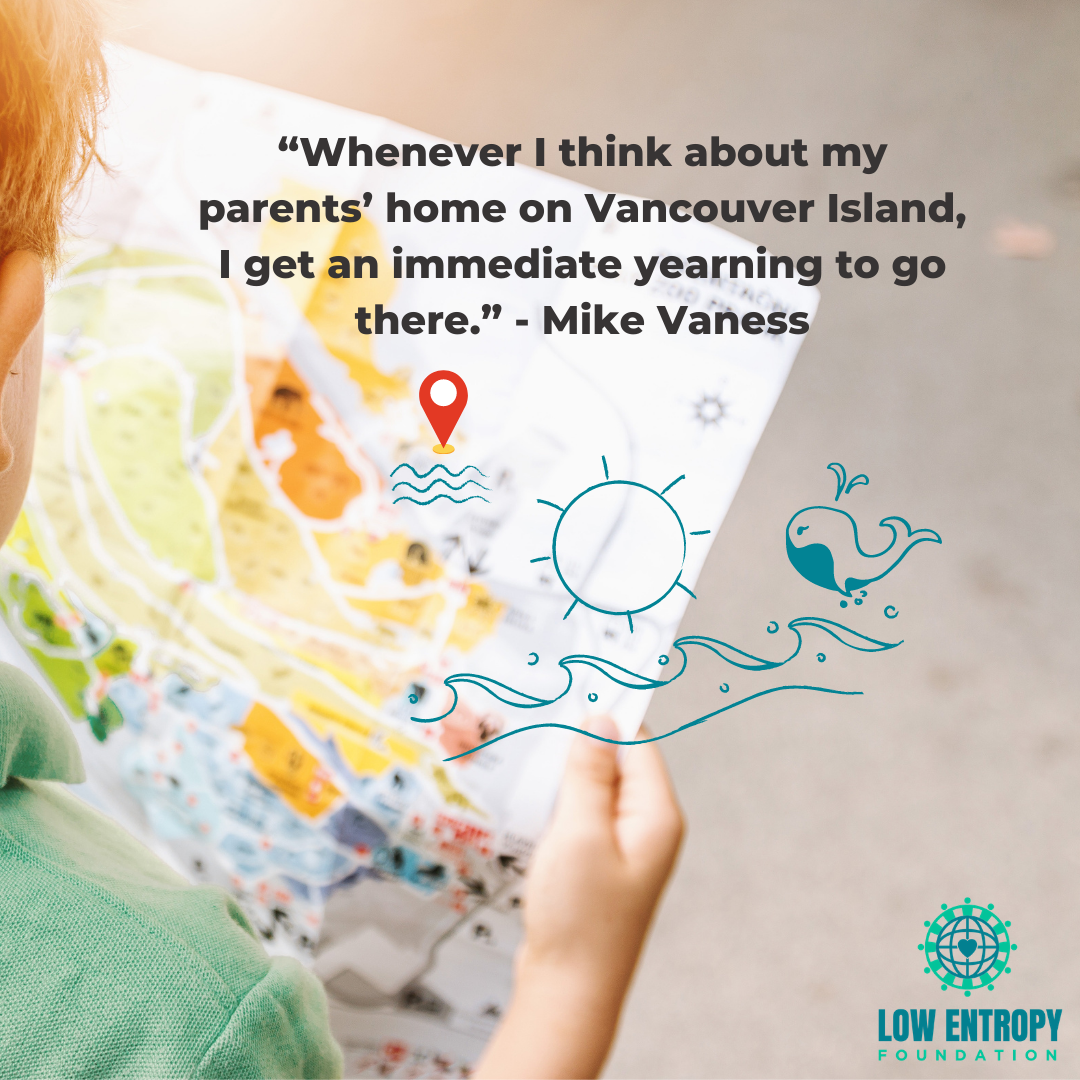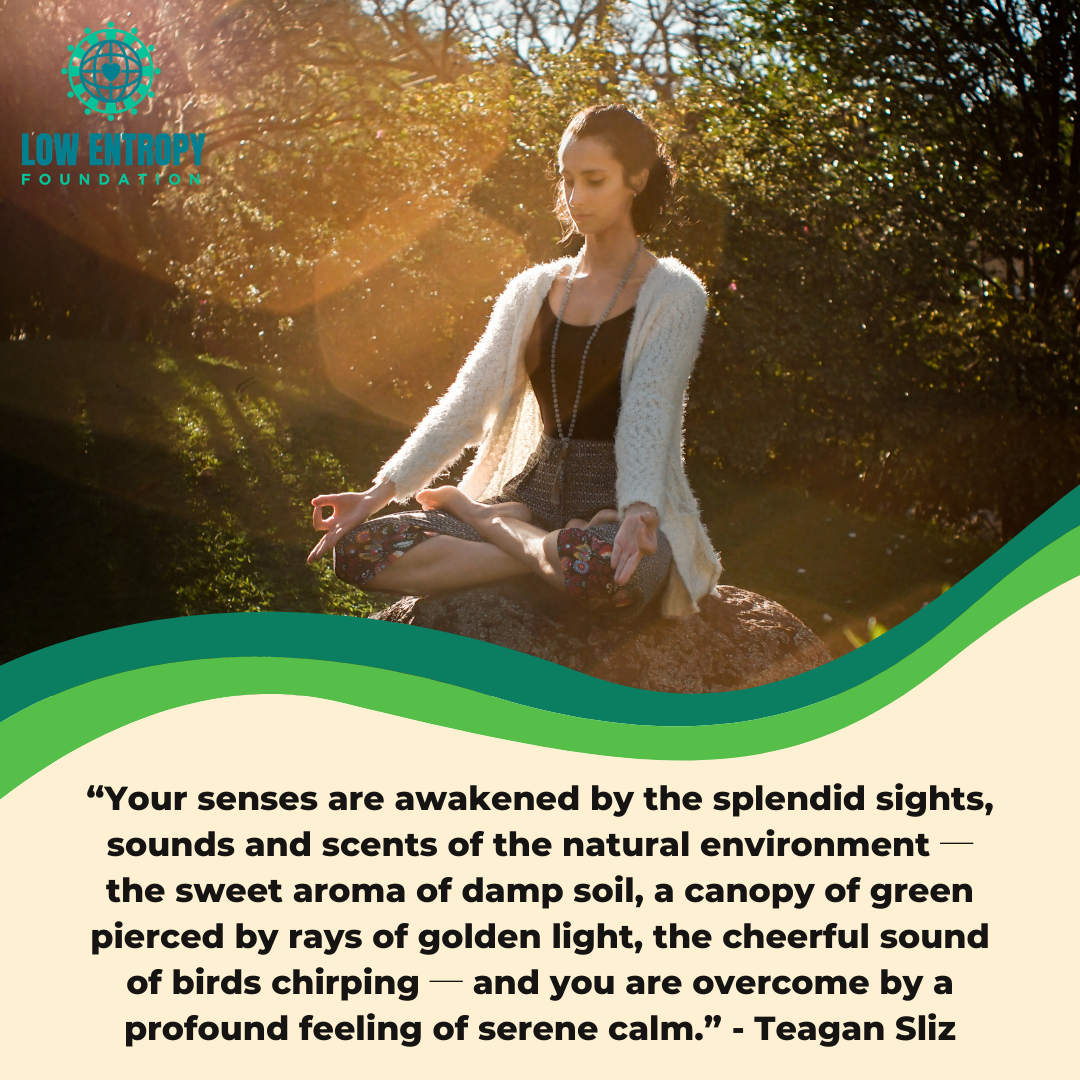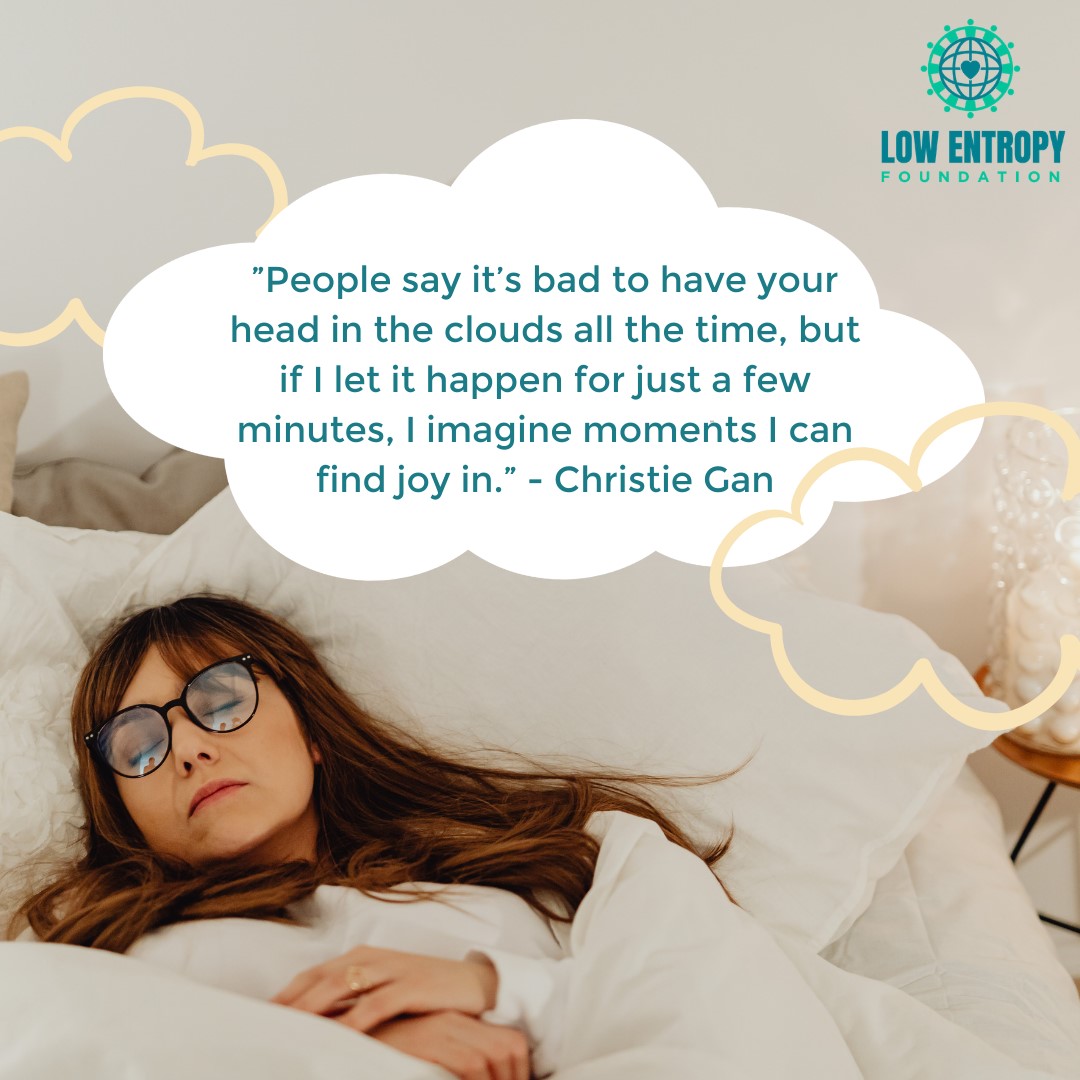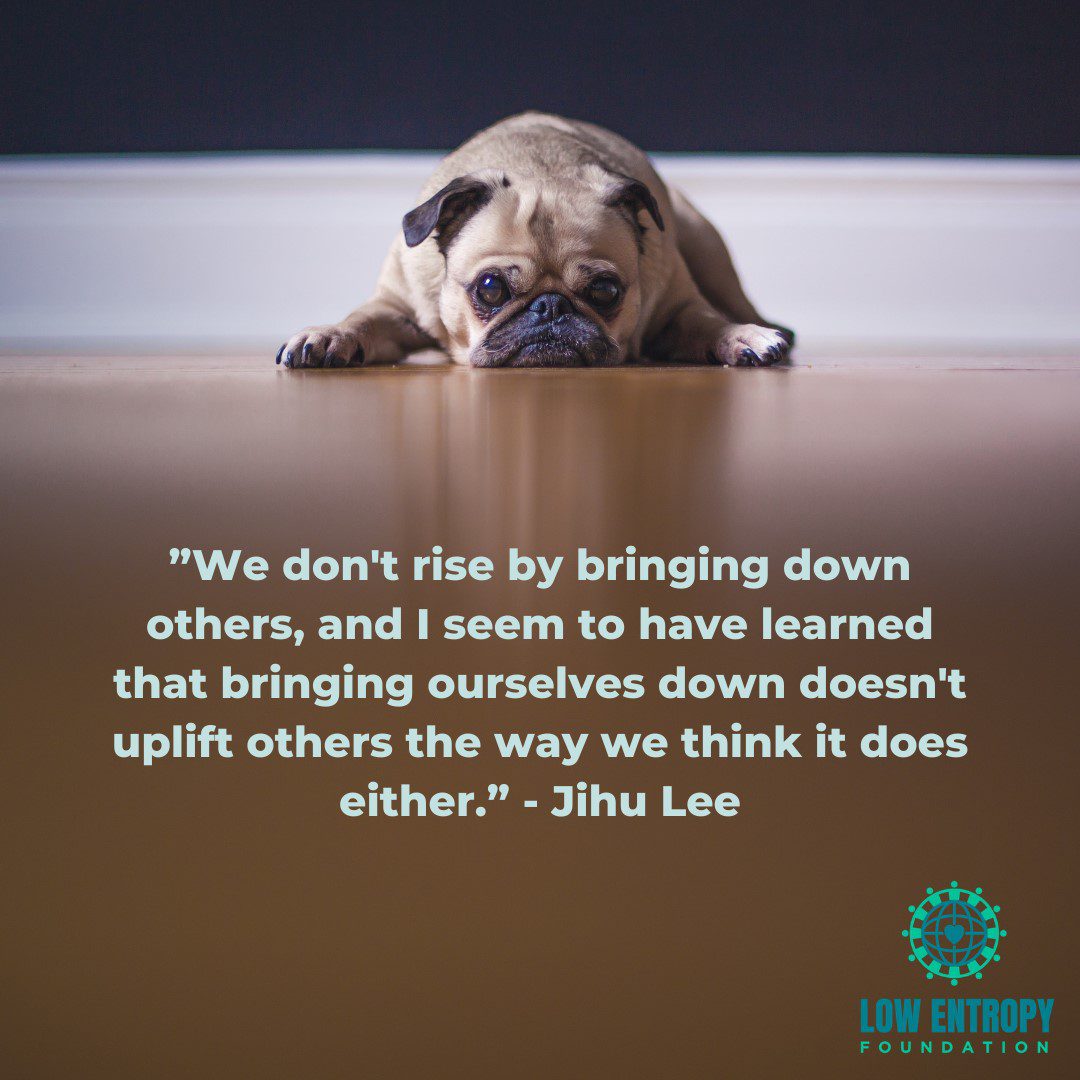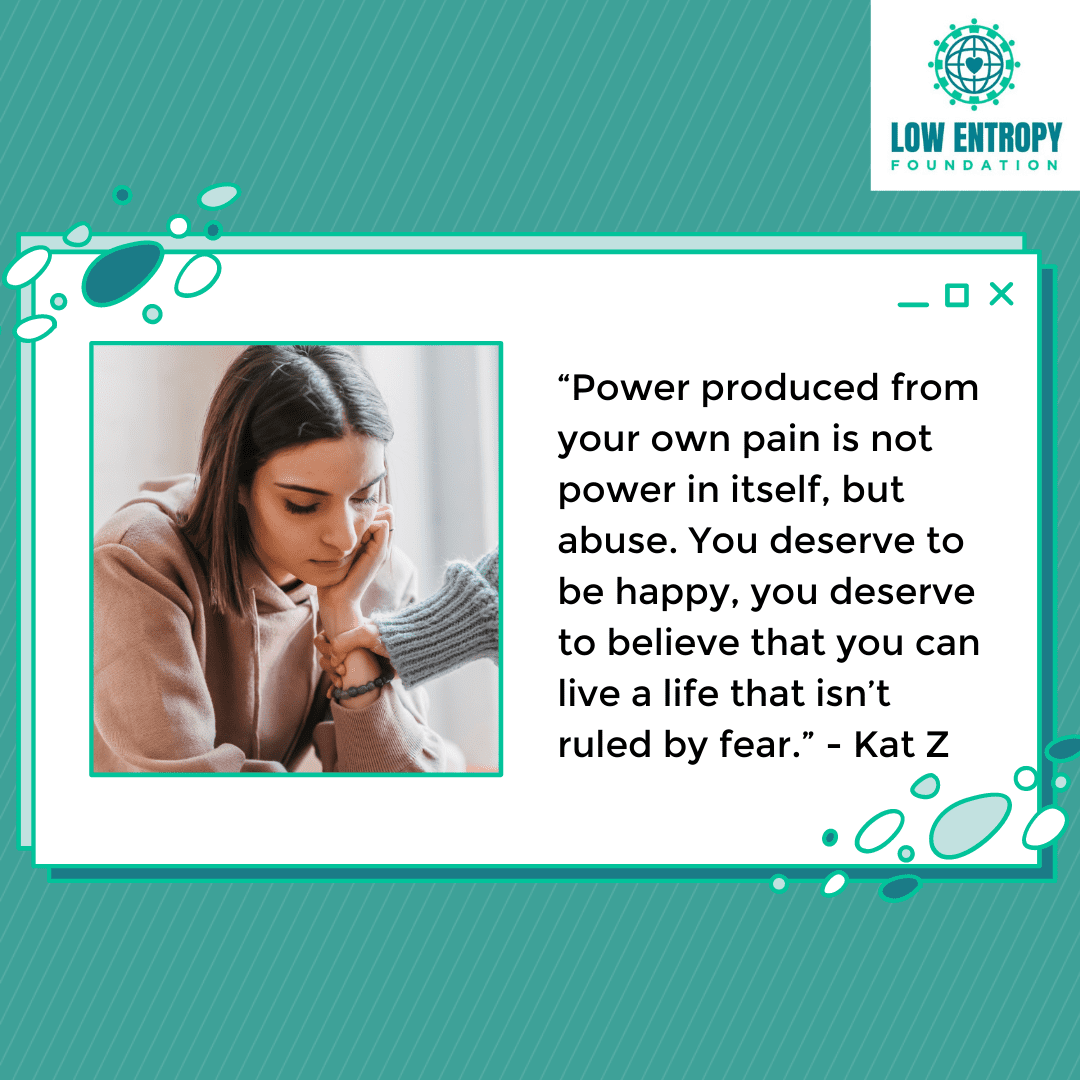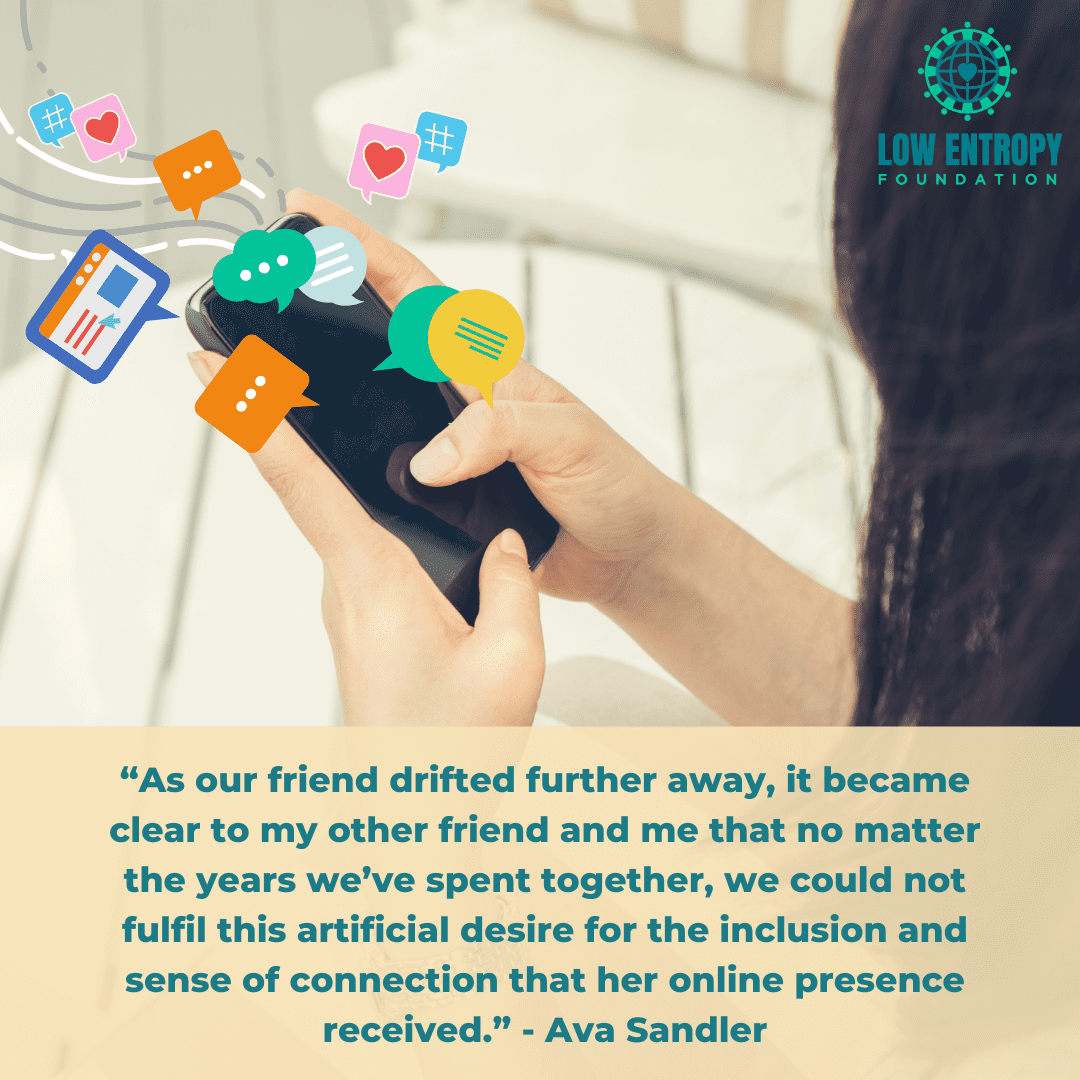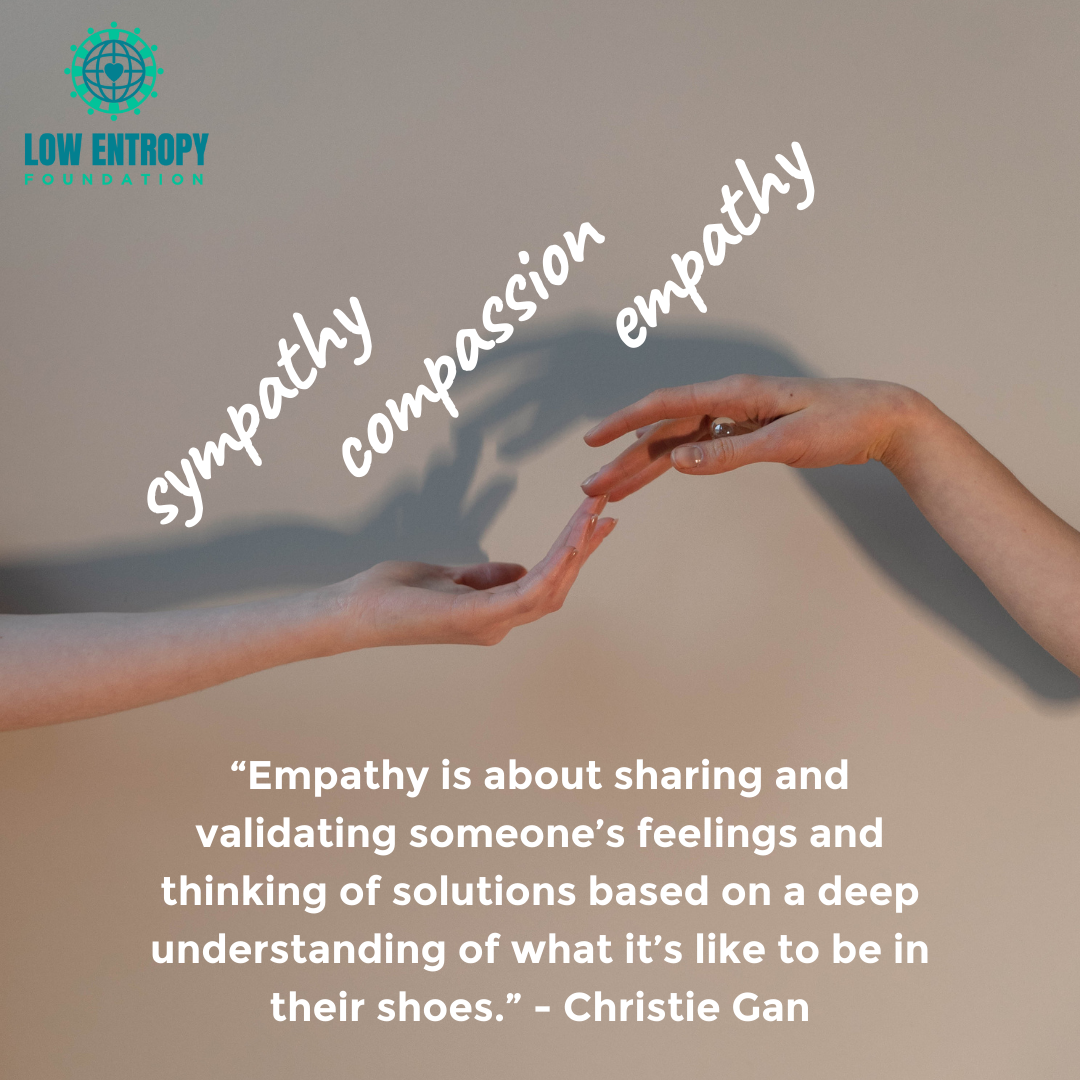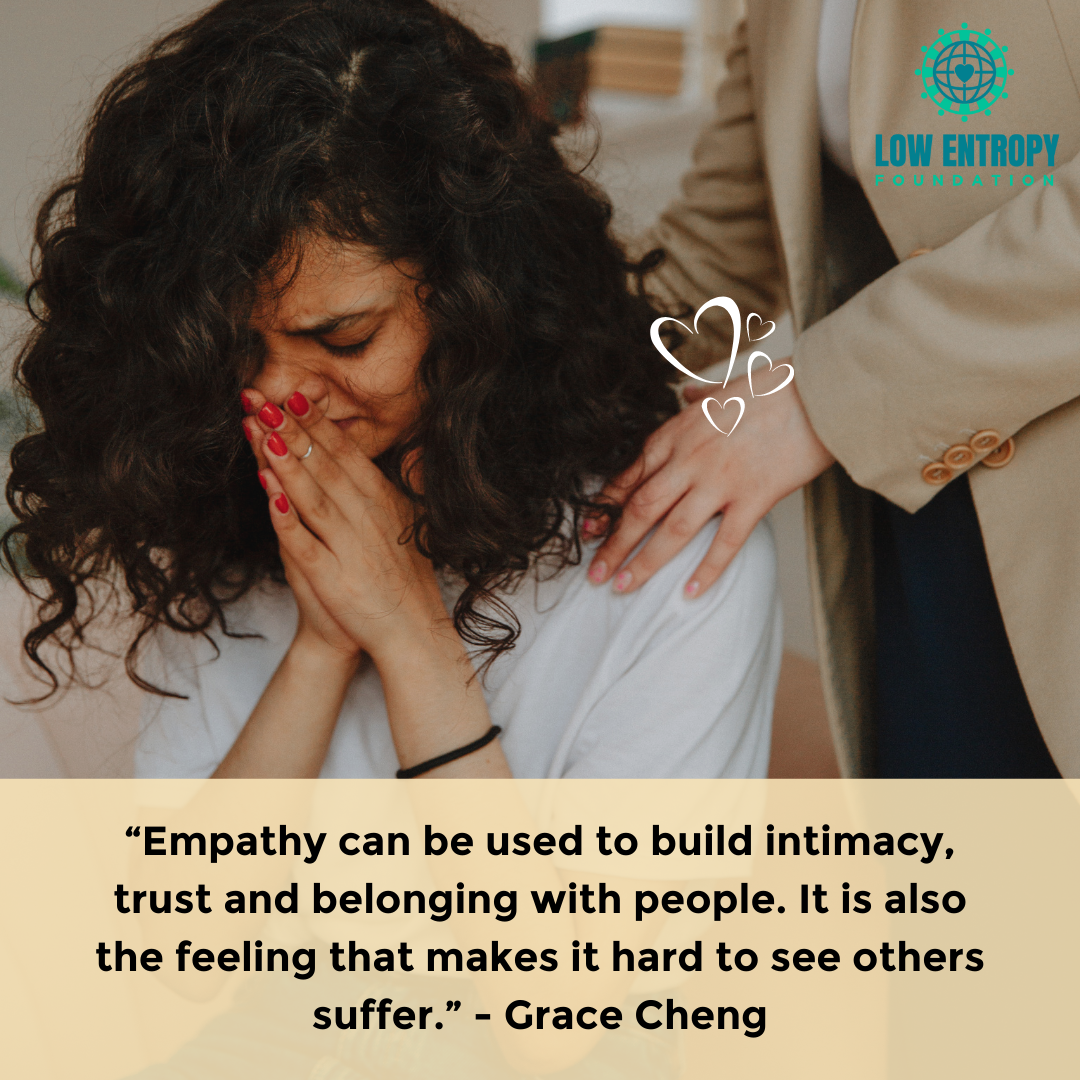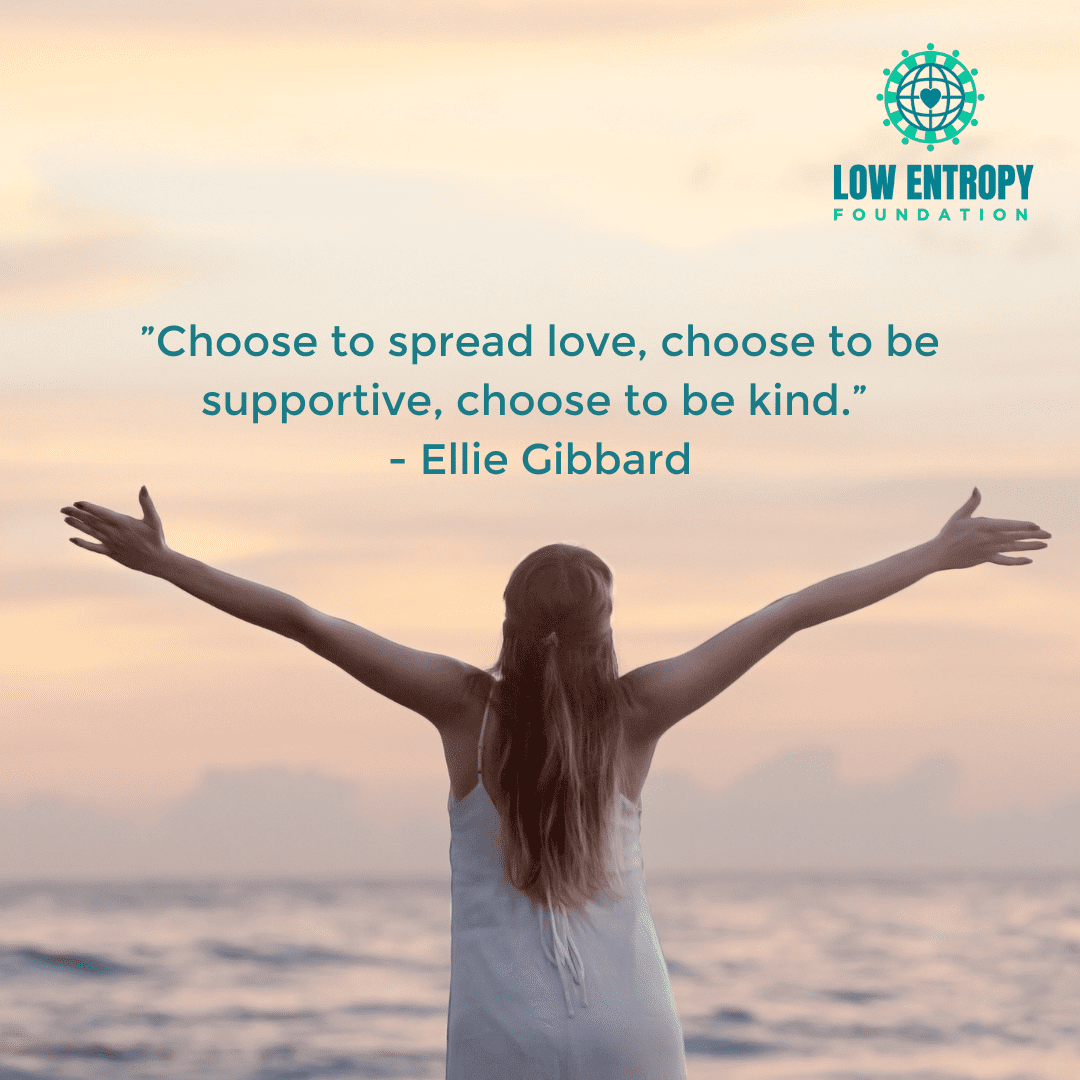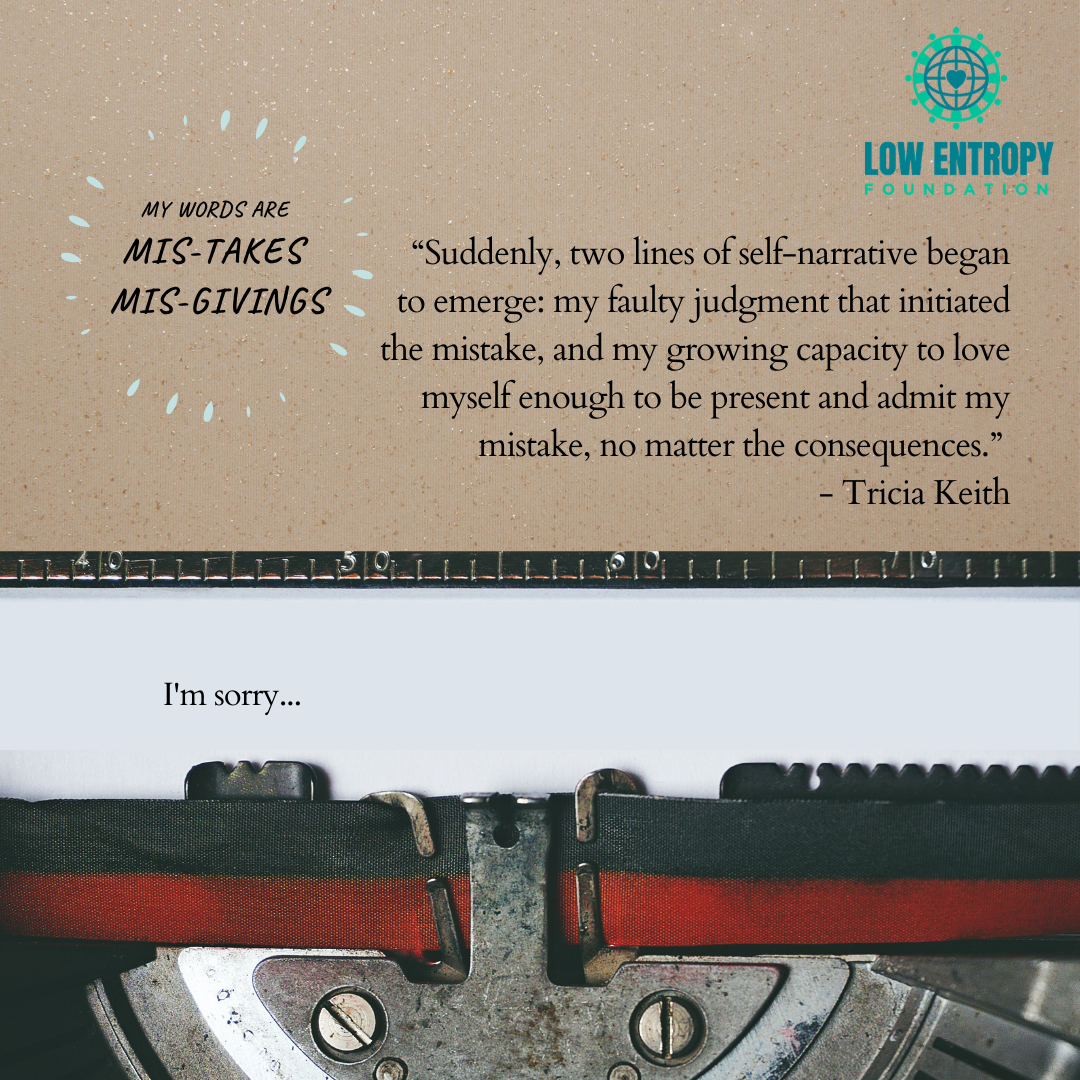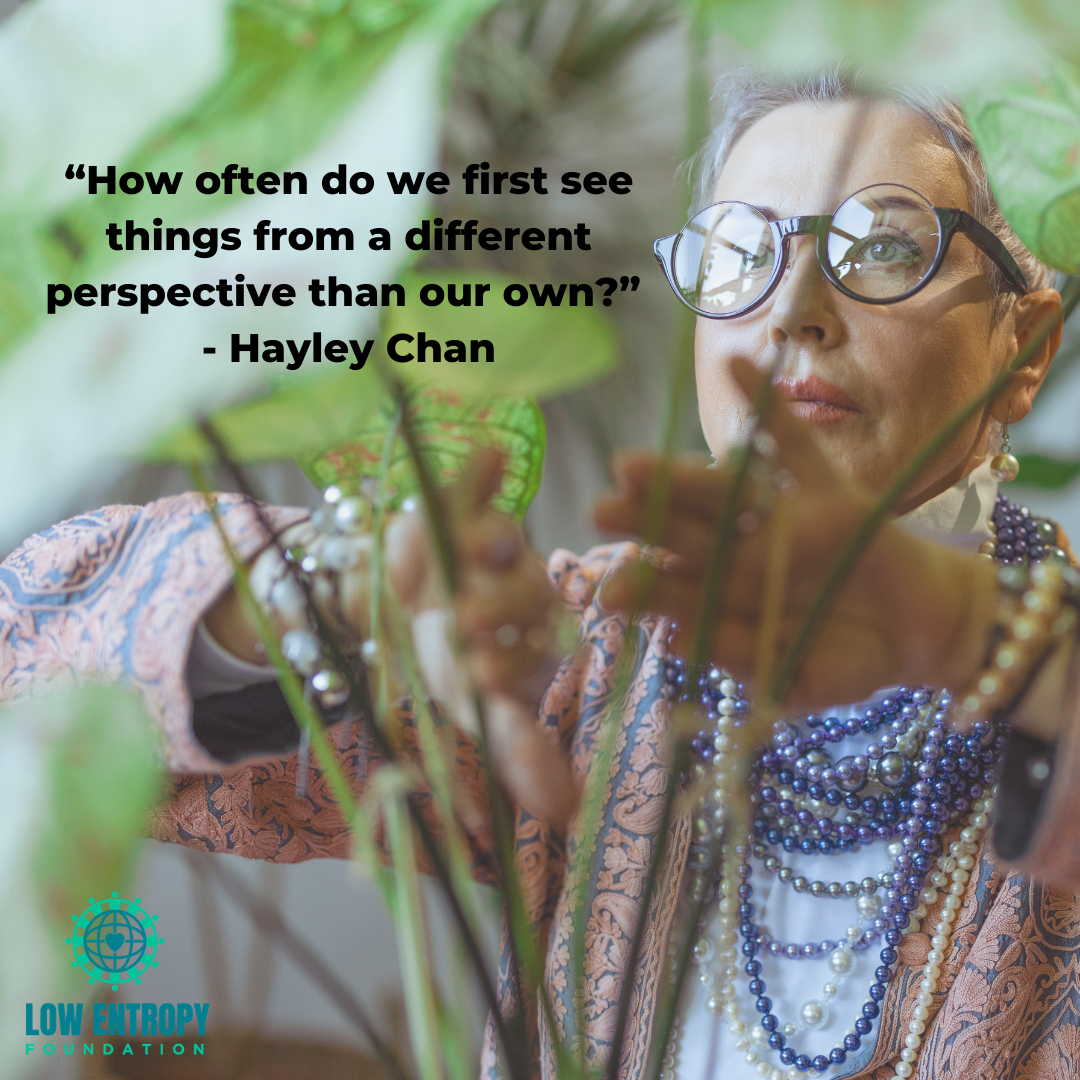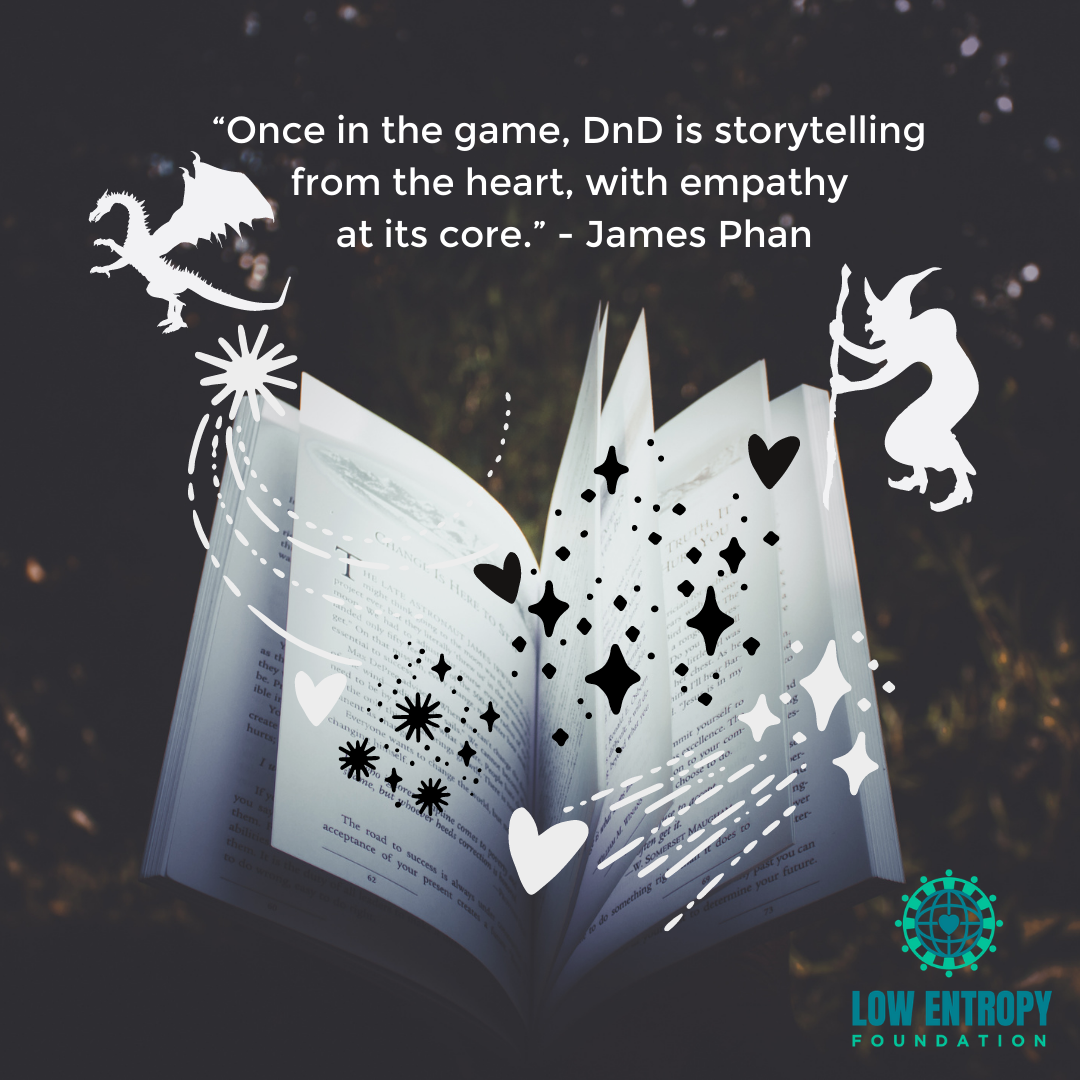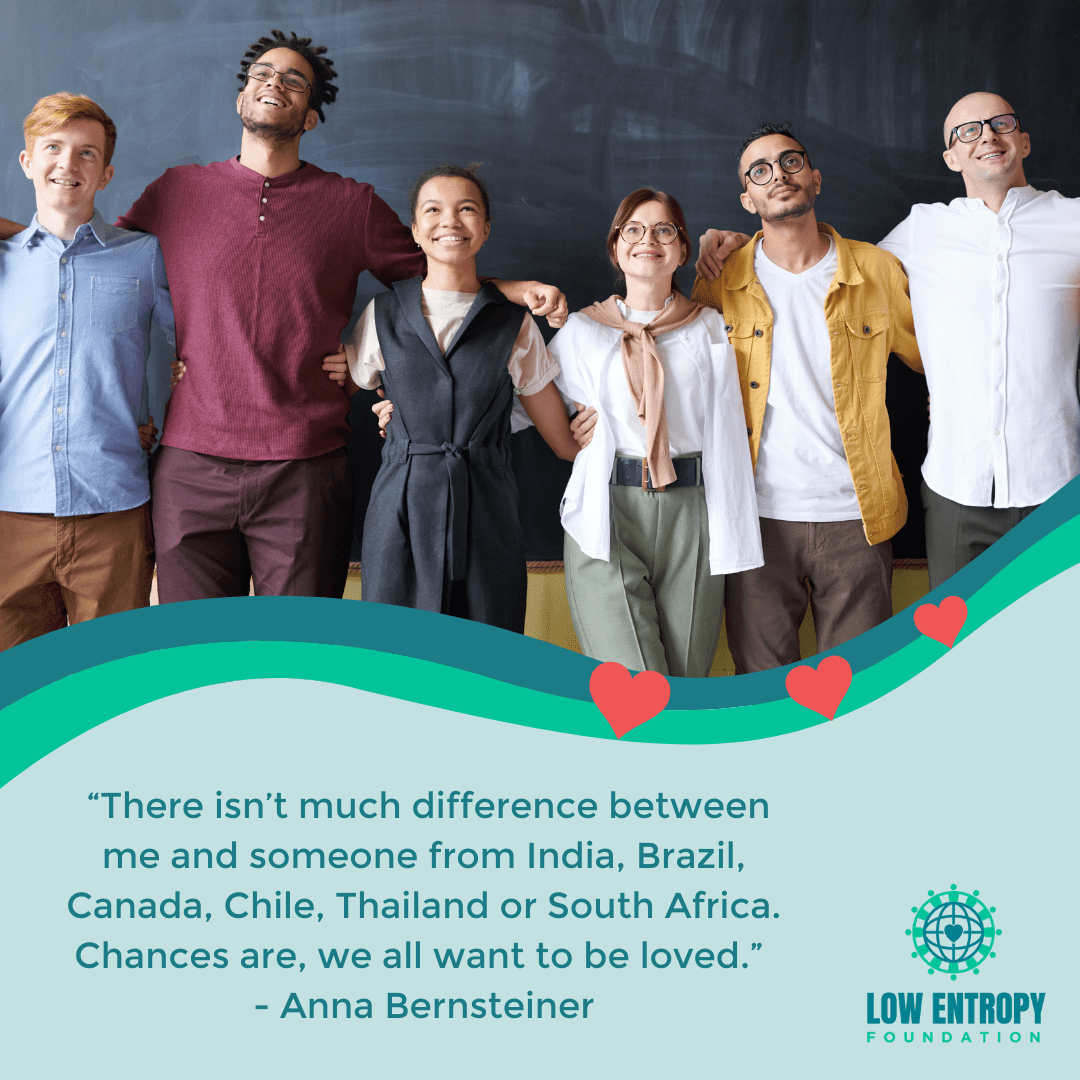In a love letter to his favourite place, Low Entropy Writer Mike Vaness shares with us how Vancouver Island captured his heart.
When you think of your favourite place, is it hard to narrow it down to a single choice? Everyone has their favourite place to relax, their favourite restaurant or their favourite holiday spot where they can get away from everyday life. Whenever I think about my parents’ home on Vancouver Island, I get an immediate yearning to go there. The pandemic has made it difficult to travel outside my home province of British Columbia, yet even prior to the restrictions Vancouver Island was still my top choice. While the appeal of visiting my family is strong, there are so many other aspects I enjoy about Vancouver Island that make it my go-to dream destination.
So, what is it about Vancouver Island, and Victoria specifically, that I find so relaxing and enjoyable? I believe it has to do with the journey as a whole: it starts with a ferry ride that brings a lot of the fun and enjoyment to the overall experience. I have always loved being on the water, and even when it’s on a large ship, there is just something fun, new, and exciting about it. Whether I am relaxing in the indoor seating area or the outside deck of the ship, I can watch our destination come into view as we maneuver around the smaller islands with a sensation of exploration and adventure. It always feels like a new experience, and it really helps take me out of my everyday routine and brings me into the moment of not only where I am, but where I’m going.
Once I arrive on the island, I like the fact that I am familiar enough with the location that I can make my way around, but enough time has passed for any changes to be new and exciting, and I revel in that sense of discovery. Vancouver Island has such a different look and feel to mainland British Columbia, where on the island everything seems to be a bit slower-paced and smaller in scale. Even when driving through the busier and denser parts of Victoria, BC’s capital city has a uniquely distinct feeling compared to that of Vancouver. I really enjoy this difference: you get the feeling that everyone there is just moving around at their own pace. Victoria is large enough to have a wide variety of businesses and landmarks, but yet it is still small enough so that you don’t have to spend hours walking to any one destination. Furthermore, the atmosphere on the island is much more old-fashioned, and the buildings and the appearance of the city is far less modern. Much of Victoria has maintained the look it had from the 19th century, and the city is flooded with history.
Every time you walk down the streets you can still see the history written in the very buildings and their architecture. The provincial government’s legislative buildings as a tourist attraction right in the heart of downtown certainly helps to preserve the overall image of the city. Further out, you can still feel the influence of the British colonial settlers, especially when it comes to the many old-style pubs with names like Six Mile Pub and Four Mile House – as these kinds of establishments acted as inns for the original roadway through the interior of the island. It seems everywhere you turn there is something of historical significance, and Vancouver Island embraces this.
So, while the city of Victoria itself is very nice and has a great energy about it, of course the main reason that I love going to the island is to spend time with my family. When I spend time with my family, life just has a different feel to it: I don’t have to deal with nearly as many adult responsibilities and I am flooded with nostalgic emotions from when I was growing up. Now, I do believe that these emotions may have been amplified recently since the world has fallen into this pandemic, and I have not been able to see my family in over a year and a half. I now have a new appreciation for the old adage “Absence makes the heart grow fonder!” With that in mind, I do still love every moment that I am on the island: going out to eat at any of the incredible old-fashioned pubs, visiting the lovely gardens or wandering around the historic downtown core. I love being there and I do hope that one day I can make Vancouver Island my home. Until then, every time I visit I think: I’m going back to my favourite place.
What’s your favourite place? Reminisce with members of the Low Entropy community on our community platform, or join a Conscious Connections meeting to share your memories!







